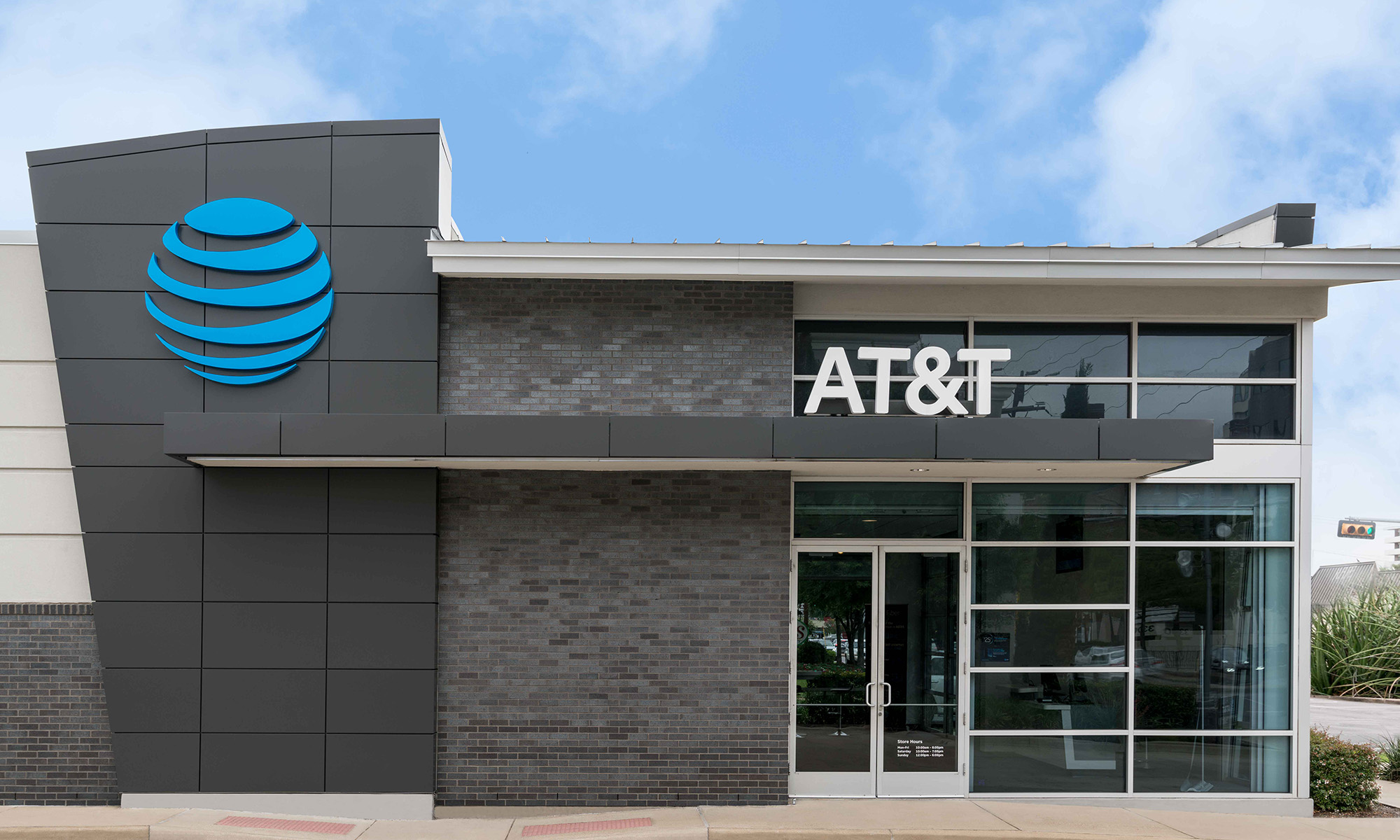Verizon Communications (VZ +1.55%) recently agreed to acquire fiber-optic networks and lease wireless spectrum from Carl Icahn's XO Communications for about $1.8 billion. The acquisition will give Verizon more Internet bandwidth for enterprise clients and broader airwaves to test out 5G technologies.
The deal is expected to close in the first half of 2017. Verizon will initially lease the spectrum from XO, and gain the option to buy the unit which controls those airwaves by the end of 2018. XO's high-frequency airwaves cover about 45% of the U.S. and have been cleared by the FCC for the development of 5G networks, which are expected to be up to 10 times as fast as 4G ones.

A fiber-optic cable. Source: Pixabay.
What this deal means for Verizon
The deal will initially enhance Verizon's enterprise and wholesale businesses, which together generated half its wireline operating revenues in 2015. The addition of XO's fiber-based IP and Ethernet networks will increase the speed of its wireline connections. It also gives Verizon more infrastructure to sell "backhaul" -- the fiber-optic links which enable faster bridged connections between landline and mobile networks.
The deal should also boost the speed of Verizon's wireline connections for residential consumers, who generated 43% of the unit's operating revenue last year. In urban areas, new fiber assets can help Verizon meet higher bandwidth demand from streaming video on mobile devices. That expansion will support the growth of its Go90 app, which excludes streaming videos from monthly data caps. Verizon estimates that the deal should generate operating synergies "in excess of $1.5 billion."
Lastly, the deal complements Verizon's efforts to divest the weaker parts of its wireline business -- which only accounted for 29% of its 2015 sales -- while investing in the faster-growth fiber and mobile markets. That's why Verizon sold a large portion of its landline phone, ISP, and TV services to Frontier Communications (FTR +0.00%) for $10.6 billion last December. It also recently shuttered two public cloud services and is mulling a sale of its data centers for $2.5 billion. These moves could get the wireline unit, which posted a 1.8% decline in operating revenue last year, to grow again.
The race to 5G is starting
Verizon's acquisition of XO's fiber and spectrum assets will enable it to widen its lead against AT&T (T +1.45%) in the race to develop 5G networks. Last September, Verizon beat AT&T to the punch by claiming that it would start field trials in 2016.
In mid-February, AT&T partnered with Ericsson and Intel as its first two development partners for 5G technology. Speaking to Bloomberg, AT&T chief strategy officer John Donovan stated, "I know Verizon says they will be first, but we are right there with them." Donovan claims that AT&T will start working on networking technology in labs during the second quarter, then launch its first field trials in "point-to-point connections" to deliver broadband connections to homes and businesses. AT&T has also stated that it will extend its fiber network to 12.5 million homes and businesses as part of its $48.5 billion acquisition of DirecTV.

AT&T's smart home devices. Source: AT&T.
Verizon and AT&T seem eager to upgrade their networks, but 5G technology won't likely be standardized and introduced until 2020. For now, the battle mainly centers around setting up the foundations for that expansion while dumping older technologies.
Is this good news for Verizon investors?
I believe that the XO deal is a smart move which strengthens Verizon's wireline business by adding new technologies to replace the aging ones it sold to Frontier. It also makes more strategic sense than Verizon's $4.4 billion purchase of AOL last year, which was intended to give it a foothold in the competitive online ads market.
Verizon finished 2015 with $103.7 billion in long-term debt, $6.5 billion of which matures within a year. While those figures indicate that Verizon should be mindful of billion dollar deals, the XO deal's potential synergies of $1.5 billion should justify its $1.8 billion price tag. While investors won't likely notice the financial benefits of the XO deal within the next few quarters, it will likely serve as a solid foundation for its future 5G efforts.
Editor's note: This article has been corrected to state that the deal is expected to close in the first half of 2017.








